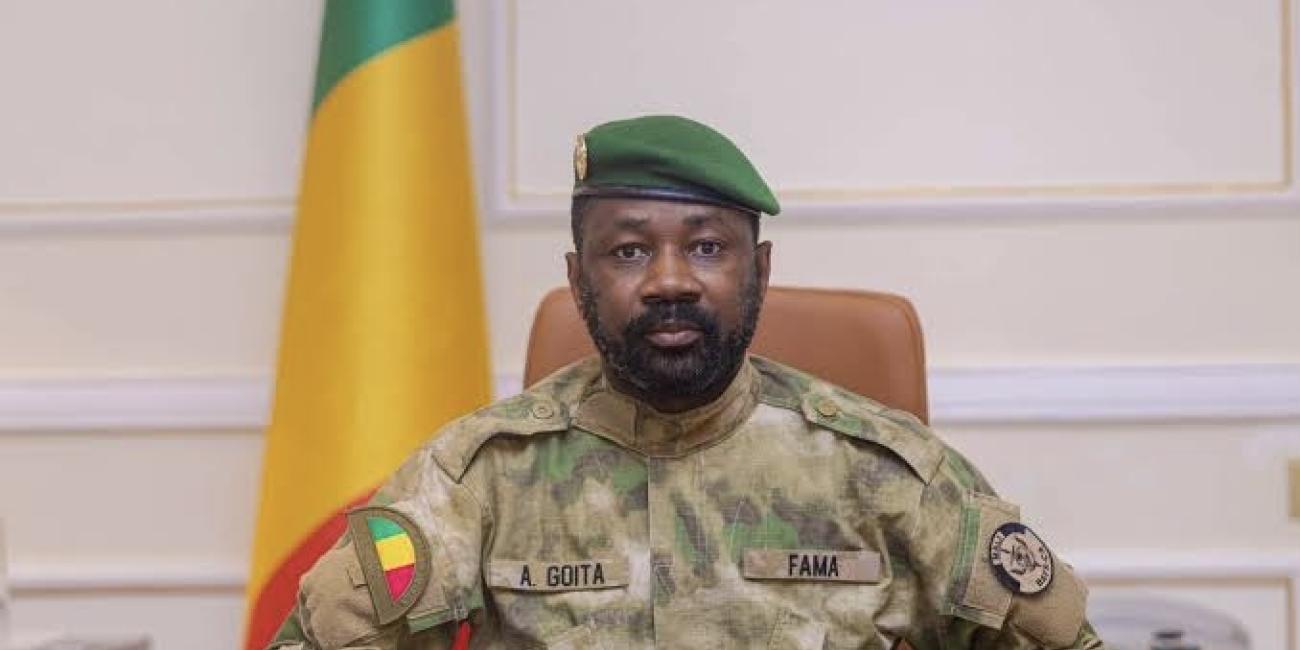Mali’s military junta has taken a significant step in consolidating its power by dissolving all political parties and associations in the country.
This move comes amid the arrest of several opposition figures, sparking concerns about the future of democracy and political stability in Mali.
The decision to dissolve political parties and associations is seen as a major crackdown on dissenting voices and opposition to the military-led government.
The junta’s move has been met with widespread criticism from human rights groups, opposition leaders, and other stakeholders.
The arrests of opposition figures have also raised concerns about the safety and freedom of individuals who dare to speak out against the government.
Many Malians are worried about the implications of these actions on the country’s already fragile democratic institutions.
The dissolution of political parties and associations is likely to have far-reaching consequences for Mali’s political landscape. It may lead to a further erosion of trust in the government and exacerbate existing tensions.
The international community is likely to be watching the situation in Mali closely, given the country’s strategic importance in the region.
The junta’s actions may have implications for Mali’s relationships with international partners and could potentially lead to increased isolation.
As the situation continues to unfold, many are left wondering what the future holds for Mali and its people.
The dissolution of political parties and associations, combined with the arrest of opposition figures, has created a sense of uncertainty and unease.
The junta’s justification for these actions is unclear, but it is likely that they will face significant opposition and criticism from both domestic and international stakeholders.
The situation in Mali remains fluid, and it is uncertain how events will unfold in the coming days and weeks.
In recent years, Mali has faced significant challenges, including a coup in 2020 and ongoing security concerns.
The dissolution of political parties and associations is likely to exacerbate these challenges and create new problems for the country.
The people of Mali deserve a government that is accountable, transparent, and respectful of their rights and freedoms.
The international community must continue to monitor the situation and encourage the junta to respect the rule of law and democratic principles.


